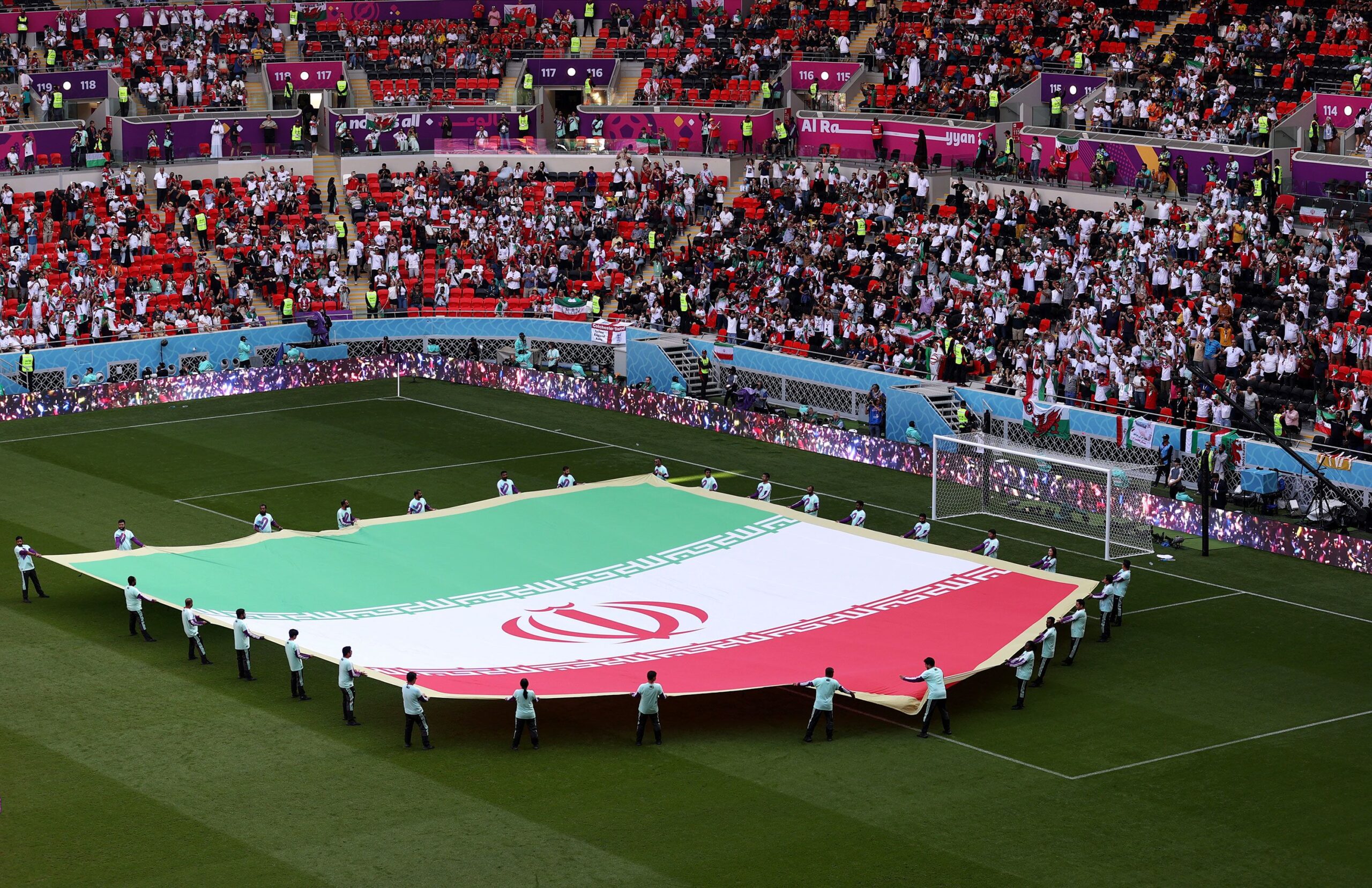These ten controversial political decisions have shaped the course of history and continue to be debated and analyzed to this day. From the use of atomic bombs in World War II to the legalization of abortion, each decision has had far-reaching consequences for society and politics. Some decisions have been praised for their impact on civil rights and national security, while others have been criticized for violating human rights and causing harm to marginalized groups. Despite the contentious nature of these decisions, they have all left an indelible mark on history and continue to shape political discourse today.
1. The Decision to Drop Atomic Bombs on Hiroshima and Nagasaki
One of the most controversial political decisions of all time was the decision to drop atomic bombs on Hiroshima and Nagasaki during World War II. On August 6, 1945, the United States dropped an atomic bomb on Hiroshima, killing an estimated 70,000 people instantly. Three days later, a second bomb was dropped on Nagasaki, killing an estimated 40,000 people. While the decision to drop the bombs ultimately led to Japan’s surrender and the end of the war, it remains a highly debated and controversial decision to this day.
2. The Roe v. Wade Decision
The Roe v. Wade decision, which legalized abortion in the United States, is another highly controversial political decision. In 1973, the Supreme Court ruled that the Constitution protected a woman’s right to choose to have an abortion. The decision has been highly debated ever since, with opponents arguing that it violates the rights of the unborn child.
3. The Invasion of Iraq in 2003
In 2003, the United States, with the support of several other countries, invaded Iraq in an attempt to eliminate weapons of mass destruction and remove Saddam Hussein from power. The decision to invade Iraq was highly controversial, with many opponents arguing that it was based on false information and that it led to a destabilization of the Middle East.
4. The Cuban Missile Crisis
The Cuban Missile Crisis of 1962 was a 13-day political standoff between the Soviet Union and the United States over the Soviet Union’s placement of nuclear missiles in Cuba. The crisis brought the world to the brink of nuclear war and ultimately resulted in a diplomatic agreement between the two countries. The crisis remains one of the most controversial political decisions in history, with some arguing that the United States should have taken a more aggressive approach to remove the missiles and others arguing that the diplomatic solution was the correct course of action.
5. The Emancipation Proclamation
The Emancipation Proclamation was a controversial political decision made by President Abraham Lincoln during the Civil War. The proclamation declared that all slaves in Confederate-held territory would be declared free, effectively ending slavery in the United States. While the decision was a major step forward in the fight for civil rights, it was highly controversial at the time and remains a source of debate today.
6. The United States’ Support for Israel
The United States’ long-standing support for Israel is a highly controversial political decision that has shaped the Middle East conflict for decades. While many see the U.S.’s support for Israel as necessary for the security of both countries, others argue that it has fueled regional tensions and conflict.
7. The Truman Doctrine
The Truman Doctrine was a foreign policy decision made by U.S. President Harry S. Truman in 1947. The policy stated that the U.S. would provide military and economic aid to any country threatened by communism. The decision was controversial at the time, and some argue that it marked the beginning of the Cold War.
8. The Patriot Act
The Patriot Act was a controversial political decision made by the U.S. Congress in response to the 9/11 attacks. The act expanded the government’s surveillance powers and allowed law enforcement agencies to conduct wiretaps and searches without a warrant. While many supporters of the act argued that it was necessary to protect the country from terrorism, opponents argued that it violated civil liberties and represented an erosion of privacy rights.
9. The Indian Removal Act
The Indian Removal Act of 1830 was a controversial political decision made by U.S. President Andrew Jackson. The act authorized the removal of Native Americans from their land in the southeastern United States and forced them to relocate to Indian Territory. The decision was highly controversial at the time, and many opponents argued that it violated the rights of Native Americans.
10. The Dred Scott Decision
The Dred Scott decision was a controversial political decision made by the U.S. Supreme Court in 1857. The decision held that African Americans, whether free or enslaved, could not become citizens of the United States and therefore had no right to bring legal action in federal court. The decision was highly controversial and contributed to growing tensions between the North and South in the lead-up to the Civil War.
